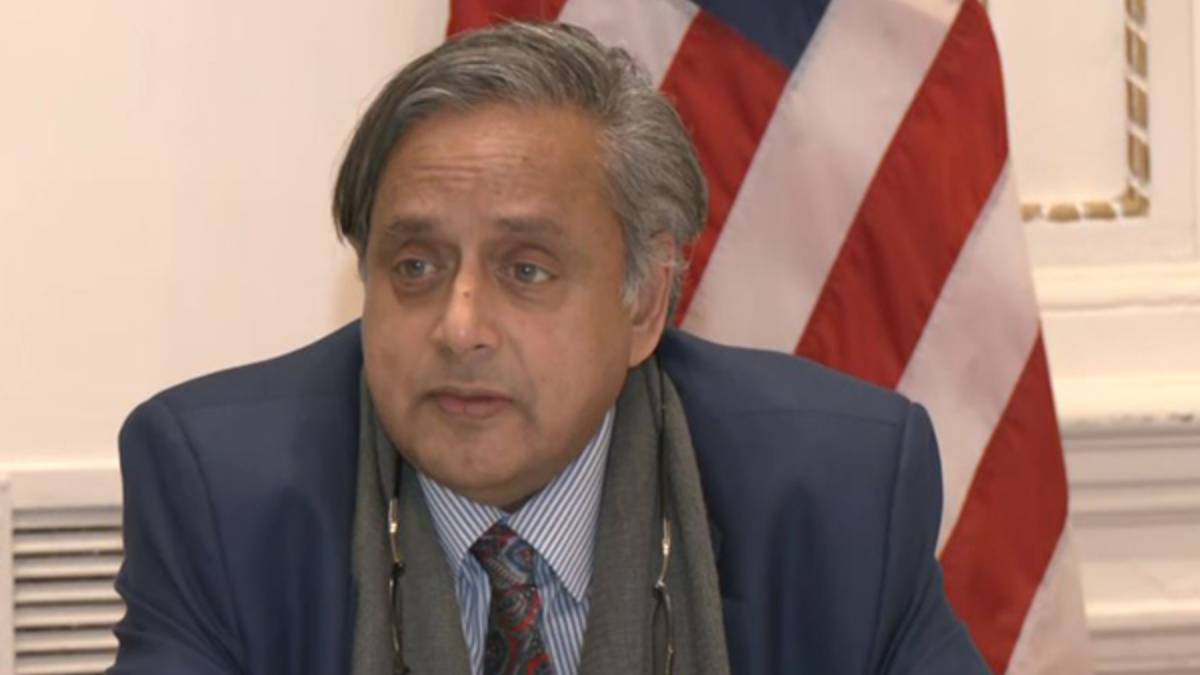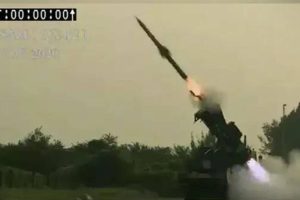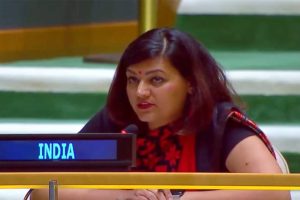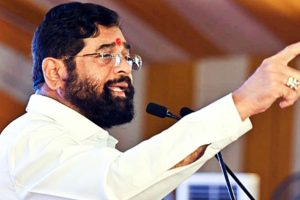Congress MP Shashi Tharoor, leading an all-party Indian delegation to the United States, emphasized that India has sent a firm and unambiguous message to the world that it will not remain passive in the face of terrorism. Speaking at the Indian Consulate in New York on Saturday, Tharoor underscored that India’s response to the April 22 Pahalgam terror attack was precise, calibrated, and aimed squarely at known terror hubs across Pakistan.
Recounting the delegation’s first stop at the 9/11 Memorial, Tharoor said the visit was not only symbolic but deeply meaningful. “We are here in a city still bearing the scars of a savage terrorist attack, just as we too have faced yet another terrorist atrocity. Our presence here is a gesture of solidarity, but also a reminder that terrorism is a global scourge that demands a united fight.”
The Pahalgam terror attack, which left 26 civilians dead, was a targeted act of brutality, Tharoor said, revealing that the assailants identified victims based on their religion—deliberately attempting to stoke communal tension. “It was clearly intended to provoke a backlash. But India responded with unity. From Kashmir’s leaders to ordinary citizens, people came together across religious lines, refusing to let the attackers divide us,” he said.
Tharoor identified the Resistance Front (TRF) as the group behind the attack—an outfit long believed to be a front for Pakistan-based Lashkar-e-Taiba. He criticized Pakistan’s immediate denial and China’s role in removing references to TRF from a UN Security Council press statement. “India had already raised concerns about TRF with the UN in 2023 and 2024. Sadly, the group acted again in 2025, with predictable consequences,” he said.
Detailing India’s military response, Tharoor noted, “Though I am from the opposition, I wrote in a leading daily that India must hit hard and hit smart—and that’s precisely what we did.” He described how Indian forces struck nine specific terrorist bases, including Lashkar-e-Taiba’s Muridke headquarters and Jaish-e-Mohammed’s Bahawalpur facility. “These were the organizations responsible for horrific crimes, including the murder of journalist Daniel Pearl,” he said.
Tharoor clarified that the strikes were not a precursor to war but a strong and restrained act of retribution. “It was measured. It was precise. And it signaled that India would not take terrorism lying down—yet we were not seeking a protracted conflict,” he stated.
The all-party delegation, which includes MPs from BJP, Congress, Shiv Sena, LJP, JMM, TDP, and former Ambassador Taranjit Singh Sandhu, is visiting the U.S., Guyana, Panama, Brazil, and Colombia to represent India’s united stance against terrorism and build international understanding following Operation Sindoor.
“This mission is about engaging global political leaders, media, policy experts, and civil society,” Tharoor said. “We are here to broaden the world’s understanding of India’s firm resolve and the nature of the threats we face.”
The visit comes at a time when India is reinforcing its global message of zero tolerance for terrorism, urging the world to act decisively and collectively against the forces that finance, shelter, and perpetuate terror.





